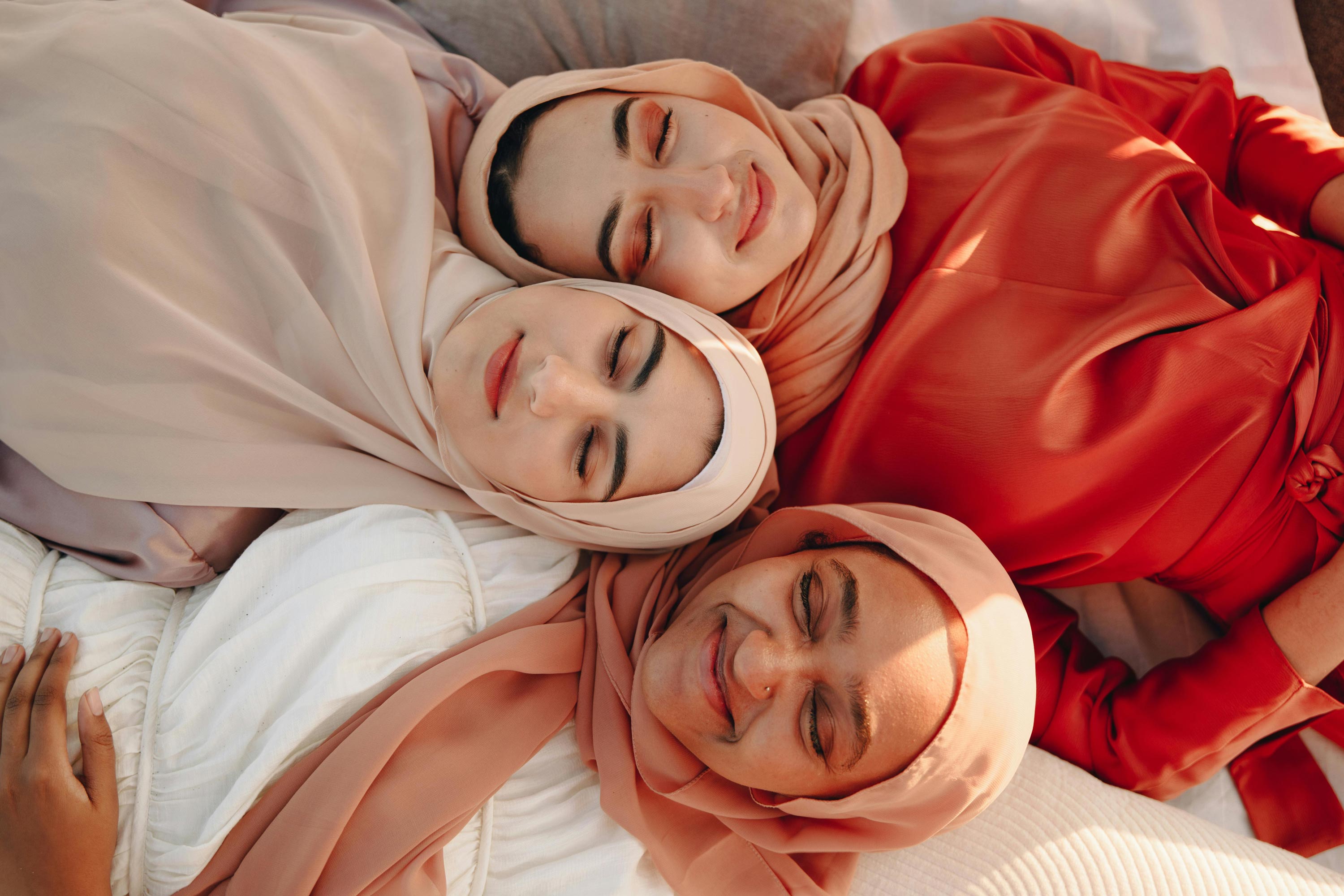TL;DR:
Halal cosmetics are beauty products formulated and produced in accordance with Islamic law, but their appeal goes far beyond religion—they’re winning over ethical, eco-conscious consumers globally. With strict standards for purity, sustainability, and inclusivity, Halal beauty is leading a movement toward more transparent and responsible cosmetics for everyone.
What Are Halal Cosmetics, Exactly?
Halal means “permissible” under Islamic law. In beauty, that means:
- No forbidden (Haram) ingredients—such as pork, non-Halal animal fats, certain colorants, and alcohol.
- All components must be pure, safe, and “Tayyib” (wholesome).
- Strict production and handling rules to prevent contamination.
Halal products are certified by recognized authorities and go far beyond “clean beauty”—they’re also about ethics, transparency, and respect.
Is Halal the Same as Vegan or Clean Beauty?
Short answer: No, but there’s overlap.
- Vegan cosmetics avoid all animal-derived ingredients, but don’t address alcohol or overall purity/contamination in the production process (The Vegan Society, 2021).
- Halal cosmetics ban certain animal and alcohol ingredients, but may allow some animal products (like honey or dairy) if they’re Halal-sourced.
- Both Halal and vegan can overlap (a product can be both).
How Big Is the Halal Cosmetics Market?
It’s huge—and growing fast:
-
Global Muslim spend on cosmetics: $70 billion (2021), projected to hit $93 billion by 2025 (State of the Global Islamic Economy).
-
1.8 billion Muslims worldwide, almost 1 in 4 people (Yahoo Finance, 2023)
-
Hotspots: Southeast Asia (Indonesia, Malaysia), Middle East, but also South Korea, Japan, and Western markets.
-
Even non-Muslim consumers are choosing Halal products for their high standards and transparency.

What Is the Halal Certification Process for Cosmetics?
Halal certification for cosmetics is about more than just ingredients—it’s a full supply-chain audit to guarantee products meet Islamic law and high ethical standards (CosmeticsDesignAsia, 2022).
To earn certification, a cosmetic product must:
- Avoid forbidden ingredients: No alcohol, pork derivatives, or animal ingredients unless sourced and processed according to Islamic law. Examples of banned substances include carmine (from insects), gelatin, collagen, placental proteins, and certain enzymes or fatty acids from non-Halal sources (Islamic Services of America).
- Pass process inspections: Certification agencies thoroughly inspect manufacturing, storage, and distribution facilities to ensure there’s no cross-contamination with non-Halal materials at any stage.
- Follow ethical standards: Halal certification often includes checks for sustainable sourcing, cruelty-free testing, and fair labor practices, aligning with modern consumer values.
Several international authorities, such as IFANCA, the European Halal Certification Registry, Halal Certification Europe, Islamic Services of America, and Halal Quality Control, oversee and grant these certifications. Their stamp means a product has been carefully vetted—not just for religious compliance, but also for safety, quality, and transparency.
When you see a recognized Halal certification logo, you can trust the product’s ingredients, its process, and its ethical standards.
Why Are Non-Muslims Buying Halal Beauty?
It’s about trust, ethics, and clean credentials.
- Strict standards: Halal means transparency at every stage.
- Sustainability: Halal certification encourages clean, eco-friendly production and fair labor.
- No compromise: Halal beauty is open to all who want mindful, ethical cosmetics.
Are Halal Cosmetics Sustainable and “Green”?
Yes! Halal certification:
- Requires traceable, safe ingredients and clean manufacturing
- Bans wasteful, polluting, or unethical practices
- Favors recyclable packaging, cruelty-free, and SME empowerment (Emerald Publishing, 2021; Business of Fashion, 2021)
- Often overlaps with the broader clean beauty movement
What Are Some Popular Halal Cosmetic Brands?
Farsali: Makeup-skincare hybrids with Halal credentials
Wardah: Leading Indonesian brand for affordable, wide-ranging Halal beauty
Amara Cosmetics: Halal, plant-based skincare and haircare
Inika Organic: Australian, organic, vegan, and Halal-certified makeup
Lebubè: Italian, vegan, +80% natural, Halal-friendly certified makeup with skincare benefits
Can Non-Muslim Brands Succeed in Halal Beauty?
Absolutely!
PHB Ethical Beauty (UK) is proof: their Halal certification helped them expand their ethical, vegan, palm oil-free products to a global, diverse audience. 20% of profits go to charity, showing that Halal values appeal to all ethical consumers.
What’s Next for Halal Cosmetics—and Why Should You Care?
Halal cosmetics challenge the industry to be more inclusive, sustainable, and ethical. Whether for religious, ethical, or environmental reasons, these products set a higher standard. As more brands adopt these practices, everyone benefits—from ingredient safety to global inclusivity.
FAQs
What does “Halal” mean in cosmetics?
Products are free from forbidden ingredients, ethically produced, and certified under Islamic law.
Can a product be both Halal and vegan?
Yes, if it avoids all animal ingredients and meets Halal purity standards.
How do I know if a cosmetic is really Halal?
Check for a trusted Halal certification (ERHC, IFANCA, etc.) on the packaging.
Is Halal beauty only for Muslims?
No—anyone who cares about ingredient transparency, sustainability, and ethics can choose Halal cosmetics.
What is the Halal certification process?
A rigorous review of sourcing, ingredients, manufacturing, and ethical standards by a certifying body.
Key Takeaway
Halal beauty isn’t just a trend for one group—it’s a global movement toward cleaner, fairer, more inclusive cosmetics. Next time you shop, remember: you’re choosing values as well as beauty.




